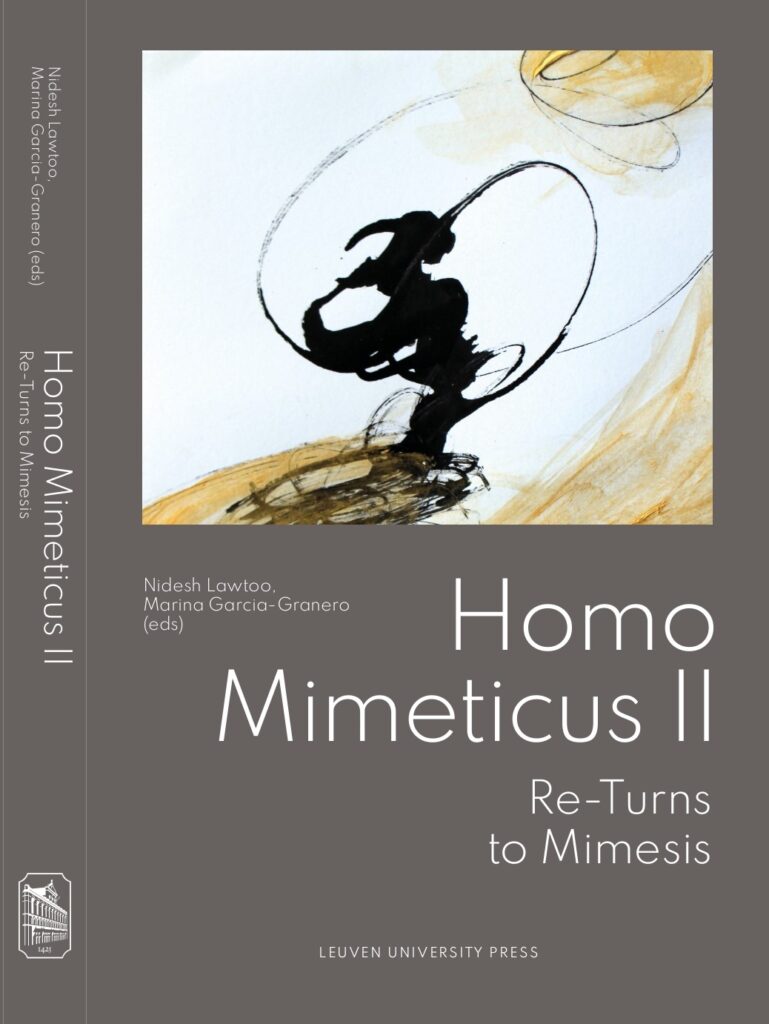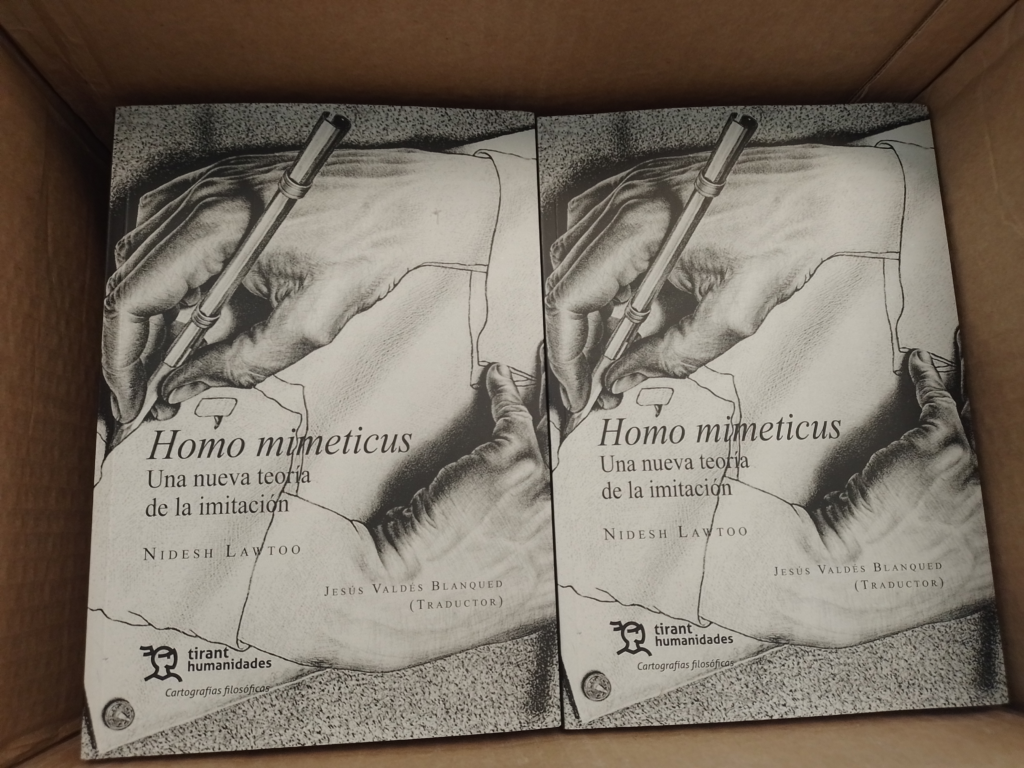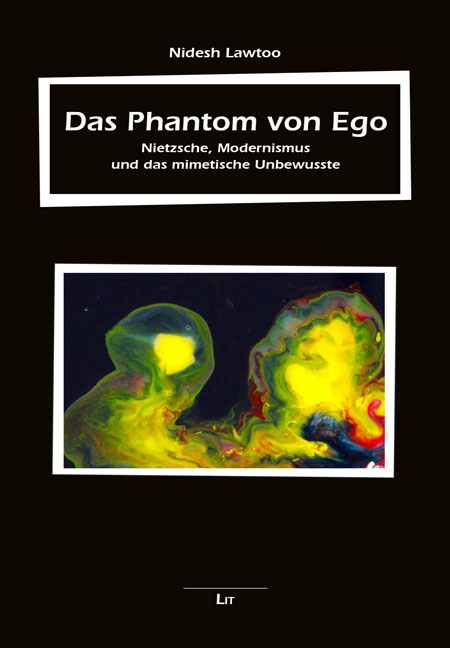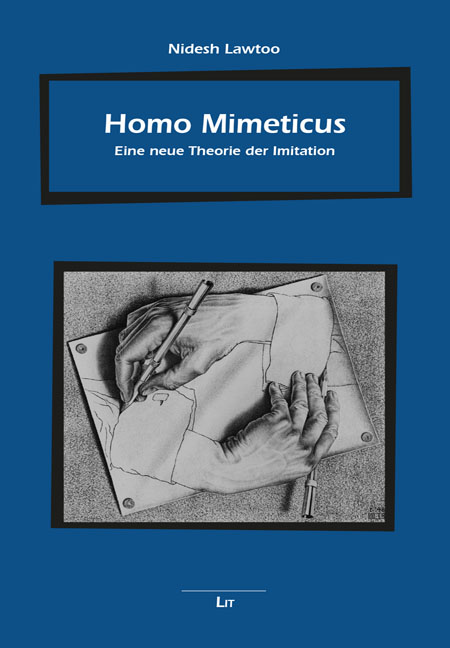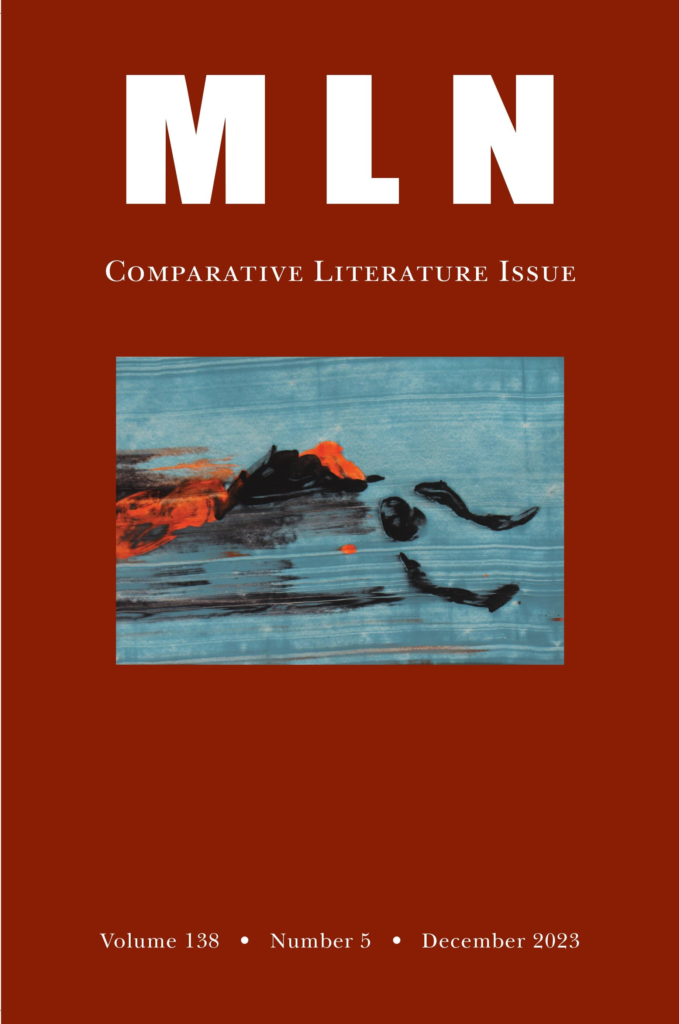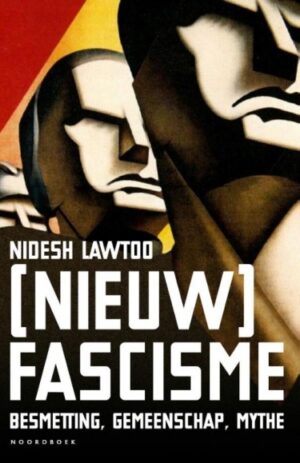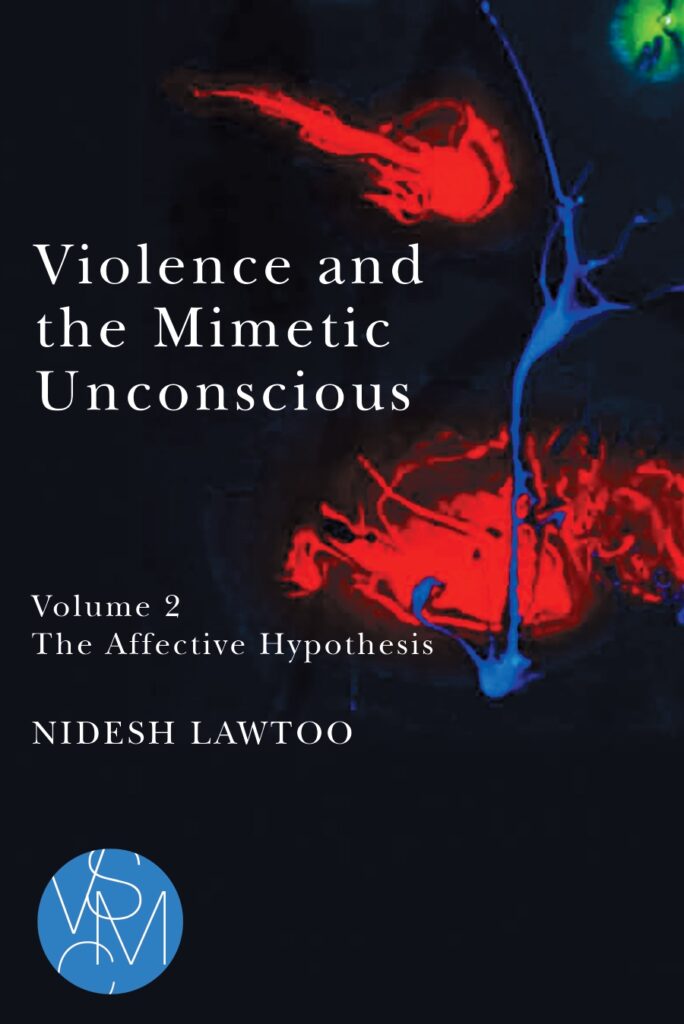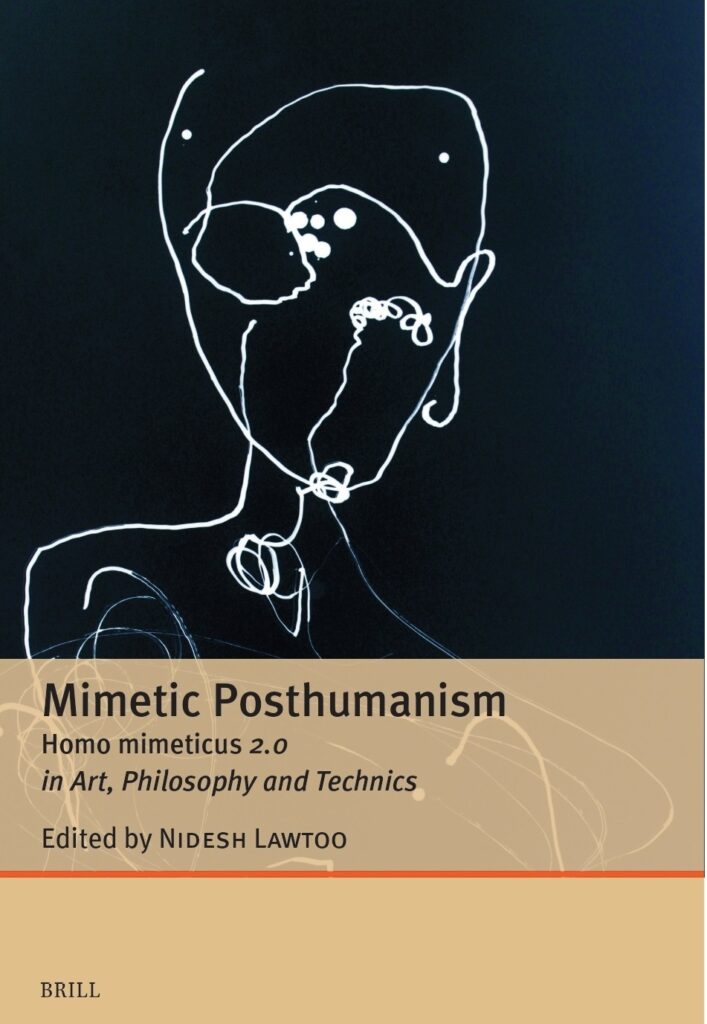
It is indeed tempting to affirm that on and about November 2022 (post)human character changed. The revolution in A.I. simulations calls for an update of the ancient realization that humans are imitative animals, or homo mimeticus. But mimetic posthumanism is not limited to A.I.: from simulation to identification, affective contagion to viral mimesis, robotics to hypermimesis, a plurality of posthuman theorists–from Katherine Hayles to Francesca Ferrando, Ivan Callus to Patricia Pisters, among others—argue that it is because of our all-too-human tendency to imitate that we are caught in a mimetic process of becoming posthuman in the first place. Free download HERE

